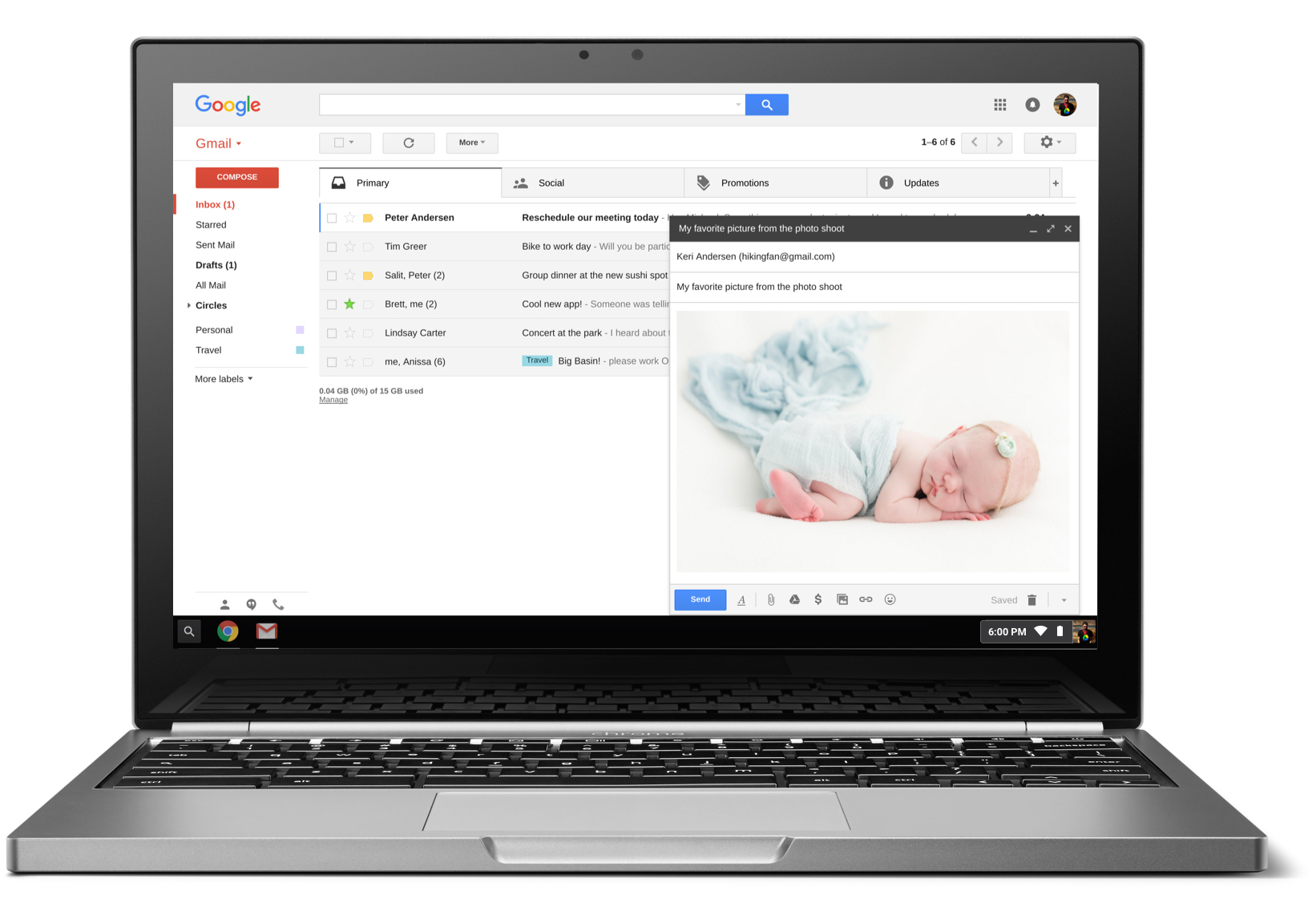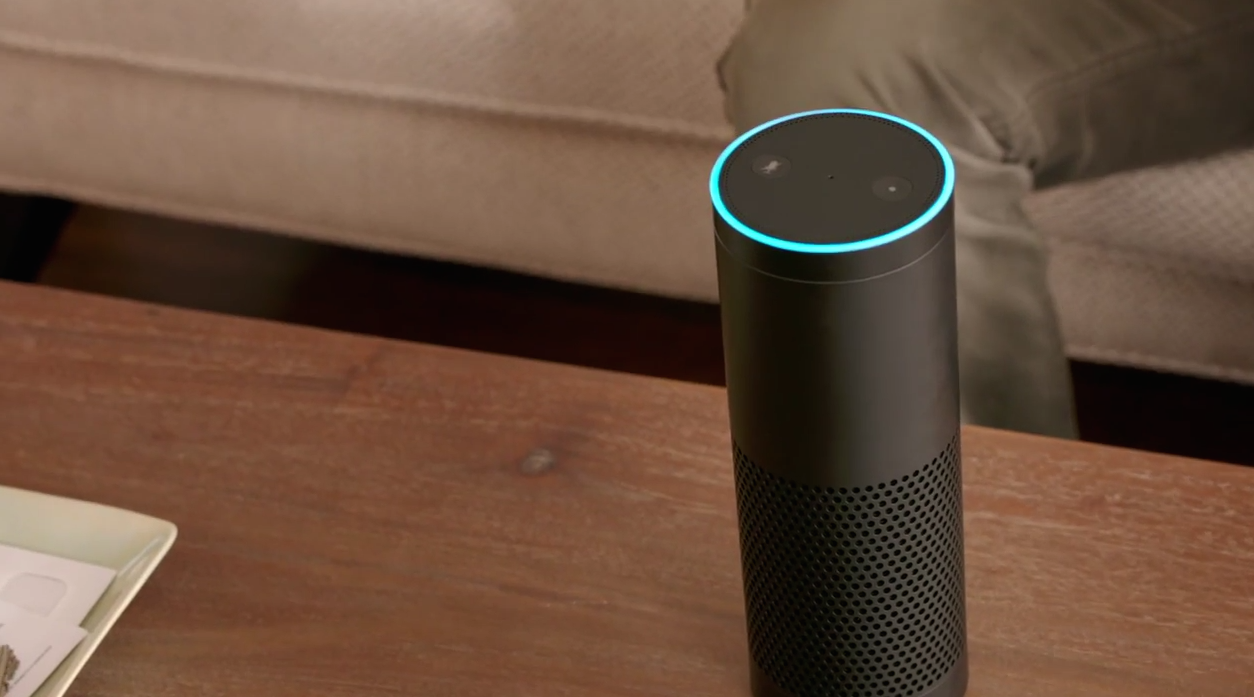Hundreds of millions of iPhone owners may be up a creek next month, at least according to a hacker group that claims to have unprecedented access to the devices and is threatening to remotely wipe them clean if Apple doesn’t pay up. [More]
privacy

Judge Says Google Must Do More To Disclose That It Intercepts, Scans Emails From Non-Gmail Users
Google recently tried to settle a class-action lawsuit with non-Gmail users who sued because their emails to Gmail users were being intercepted and scanned for the purposes of providing targeted advertising to the recipient. However, that settlement has been rejected by the judge in the case, who says it doesn’t go far enough in requiring proper disclosures from Google about this invasive practice. [More]

Saks Fifth Avenue Customer Email Addresses Posted Publicly
The email addresses for thousands of Saks Fifth Avenue customers were sitting on the retailer’s website, unencrypted, for an unknown period of time. [More]

Search Warrant Issued For Everyone Who Googled Identity Theft Victim’s Name
Try to imagine a police officer in the pre-internet era serving a search warrant on the phone company, wanting the names of everyone who looked up a certain number. What would have seemed ludicrous at the time is now feasible, and one judge believes Google should turn over the personal information for anyone who used the search engine to look up a victim’s name. [More]

Several High-Profile Twitter Accounts Hacked Overnight
If you happened to be on Twitter in the early hours of the morning here in the U.S., you may have noticed some strange activity: Several major news sites’ accounts, along with accounts of various European political bodies, were hacked ahead of elections in the Netherlands. [More]

The Mall Is Following You While You Shop
When you go to a shopping mall — if you ever do — there’s a good chance you’ve got a smartphone turned on in your pocket or bag. And if you do, you may be providing valuable data to that property’s owners, who can follow you around like a hawk to figure out how much time and money you’re there to spend. [More]

Senators Officially Introduce Resolution To Reverse ISP Privacy Rule
Back in October, the Federal Communications Commission adopted a rule limiting what ISPs can or can’t do with your personal data. As expected, lawmakers are now attempting to overturn this new rule through use of the Congressional Review Act. [More]

4 Things Consumers Should Know About WikiLeaks’ Dump Of CIA ‘Vault 7’ Documents
Earlier today, WikiLeaks unleashed a trove of what it claims are thousands of pages of CIA documents containing details on the intelligence agency’s abilities to breach a variety of consumer products to collect data and spy on people. [More]

Court Denies Vizio’s Request To Dismiss Users’ Privacy Lawsuits
We learned back in 2015 that while all smart TVs collect data on your viewing habits, Vizio was going above and beyond, collecting more information than most, and telling you even less about it. As you might expect, loads of folks who owned Vizio TVs were deeply unhappy about this, and sued the company. And now, a judge has denied Vizio’s motion to dismiss that suit, meaning it will indeed have to defend itself in court. [More]

Amazon Hands Over Echo Recording Related To Murder Investigation
Just two weeks after Amazon filed a motion claiming that turning over information stored on an Echo speaker located inside a murder suspect’s home would be a violation of privacy, the e-commerce giant abandoned its argument after the suspect in the case consented to the release of the information. [More]

Announcing A New Open-Source Privacy Standard For The Internet Of Things
At Consumerist, consumer privacy and data security have been growing areas of coverage over the past few years. We regularly write about policies, corporate and government alike, that either threaten or help safeguard your privacy. We cover data breaches big and small, and investigate tips from you, our readers. We offer advice about good practices that can help protect you and your data, and try to give you a heads-up when a company changes something that might affect you. And when your kid’s doll is recording what you say and sending the information to a defense contractor — Consumerist is there.
But we’re excited to announce a new initiative that will allow us to do much, much more. [More]

FCC Chair Faces Blowback Over Decision To Undo ISP Privacy Rule
Last week, FCC Chair Ajit Pai declared that he would halt the Commission’s new privacy rule before it kicks in on March 2. That last-minute decision is now under fire from within the FCC and beyond. [More]

Heads Up: You May Need To Change Your Passwords On Thousands Of Sites
It’s a rough day for users of, well, basically the entire internet: A major vulnerability in a huge web services company has been disclosed, and it means your personal data may have leaked into public view from a whole lot of places. [More]

New FCC Chair Plans To Block Internet Privacy Rule Before It Kicks In
Last October, the FCC adopted a rule that limits what your internet service provider — home or mobile — can do with your private data. At the time, the rule was contentious, with two FCC commissioners dissenting volubly. One of those two commissioners, Ajit Pai, is now FCC Chairman, and he’s announced his plan to stop the privacy rule from taking effect because he thinks it’s not fair to pick on the Comcasts and Charters of the world. [More]

FCC Eases Transparency Requirements For More ISPs, Hints At Coming Net Neutrality Fight
It’s been most of a month now since noted net neutrality foe Ajit Pai took over the chairman’s seat at the FCC. Today the Commission held its regular monthly open meeting — the first of Pai’s tenure — giving us a glimpse into what we’re likely to see from the Commission in coming months. [More]

Feds Investigate Auto Lender For Its Use Of GPS Device To Remotely Disable Cars
Once upon a time, if you fell behind on your car loan, the repo guy came out in the middle of the night and took your collateral-on-wheels back. These days, there are small GPS devices that can remotely disable the ignition until the borrower pays up. However, one auto lender is currently facing a federal investigation for its use of this technology. [More]




